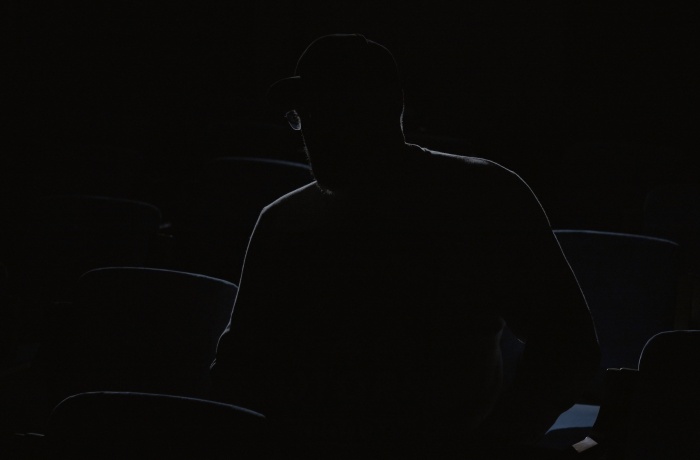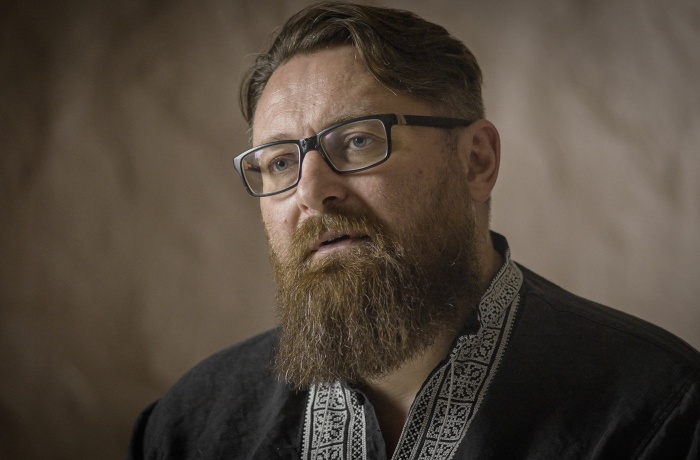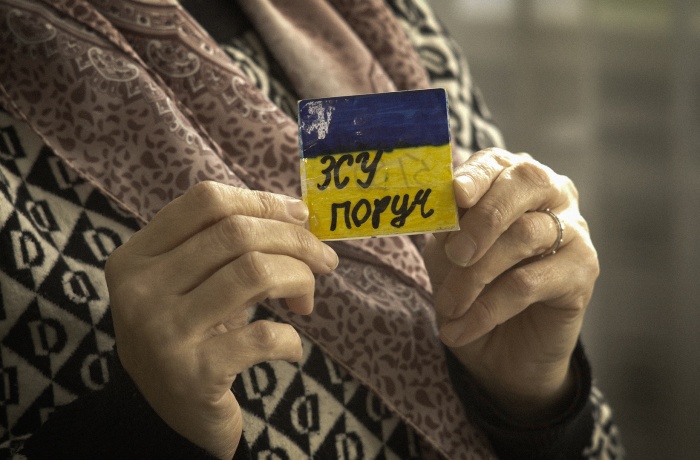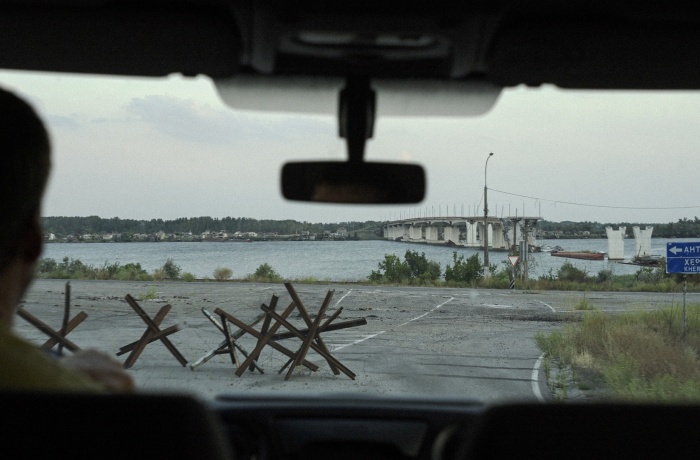
Invisible Front: Kherson is a documentary film about life under Russian occupation, peaceful resistance, trauma, memory, and dignity.
Through Estonian director Ilmar Raag's journey to frontline Kherson, we gradually immerse ourselves in the testimonies of eyewitnesses who survived terror, torture, and repression, yet resisted in the simplest but most powerful way: by not giving up, not remaining silent, and not submitting. Ilmar travels from Tallinn to Kherson, trying to understand what ‘occupation’ really means in the 21st century. His journey is a metaphor for the transition from the relative calm of Europe to a reality where war blurs the lines between public and private, where news becomes experience and archives become pain. Visually and emotionally, it is also a journey from the news background to a personal story. The viewer meets the characters — Svitlana, Viktoria, Igor — residents of Kherson who have become symbols of the invisible front. They talk about filtration, threats, kidnappings, pressure and propaganda. But they also talk about how hanging a flag became an act of resistance, how silence in class or a song became gestures of freedom.
This is a film about people, not numbers. It is about how every occupation has a face — and we have a duty to see it. It is also a portrait of Ukraine, which for the fourth year has been waging not only a war for independence, but also a profound conversation with Europe about values, freedom, dignity, and responsibility. Ukraine is becoming part of the European emotional fabric — a bearer not only of pain, but also of hope. The film focuses in particular on peaceful resistance, which cannot always be captured on camera but lives on in the voices of the characters. We are working carefully on the sound and editing structure: there is almost no music in the film, but instead there is deep acoustic work with silence, rustling, and crackling recordings that enhance the emotional perception. This is a film of warning and a film of testimony. It places the viewer alongside the characters, making it impossible to remain detached. It is a voice about an occupation that not everyone has seen yet — but which is important to hear now.



Submit your project to the catalog